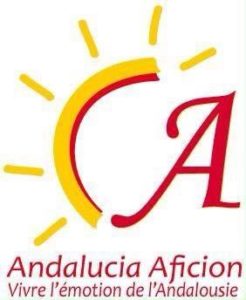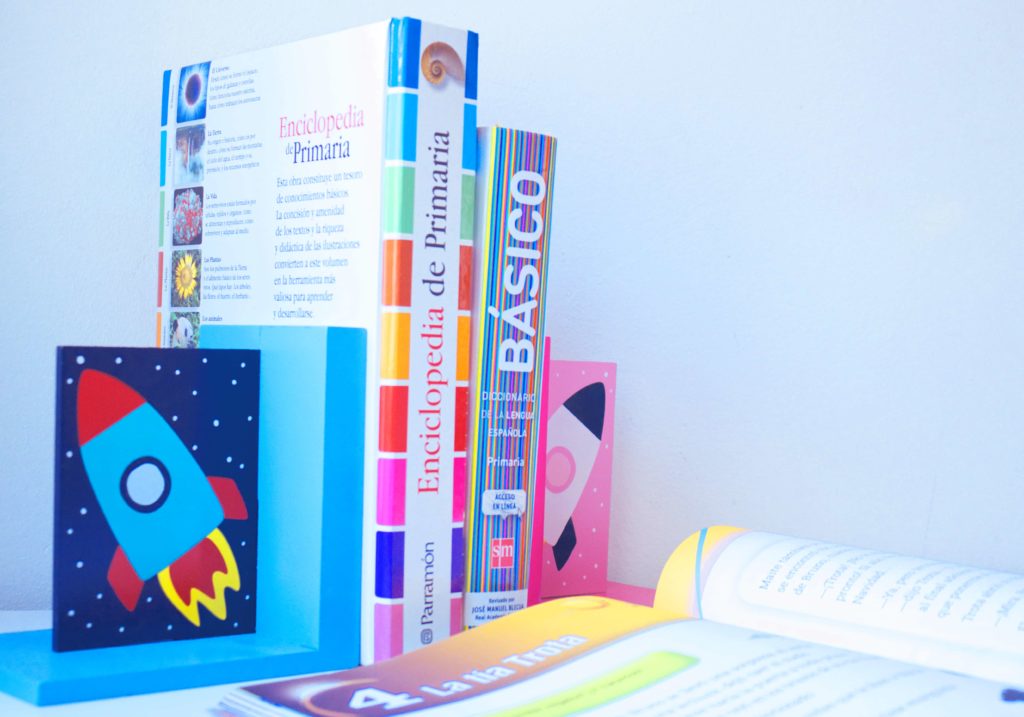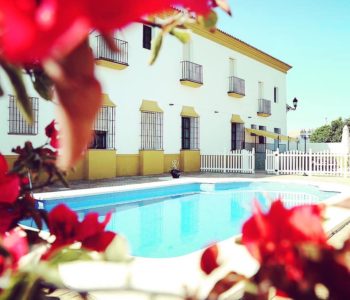 ¡Olé!
¡Olé!
Andalusian Businesses & Covid-19 – Hotel
Andalusian businesses and Covid-19 – Interview with hotel owners Virginie and Bertrand
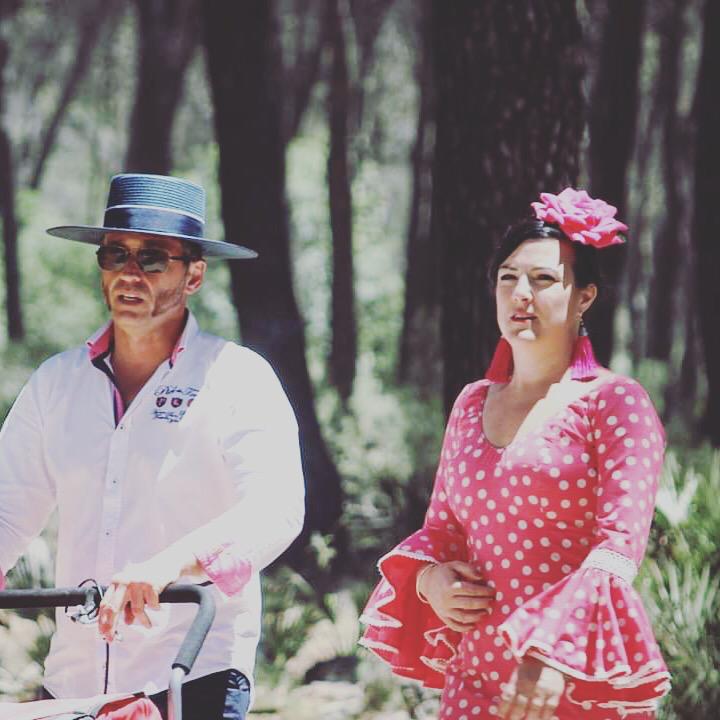
Andalusia is a very popular region with the French. Its warm climate, relaxed lifestyle and unique culture mean that millions of international tourists – as many as 12 million in 2019 – visit every year. Some decide to settle just for pleasure, and others decide to set up a business here. But for now, beyond all the red tape and cultural complications, those entrepreneurs are facing the unprecedented new challenge of Covid-19 restrictions affecting their businesses. To find out more about the difficulties of business coping with the Covid-19 crisis, I set up a virtual meeting with Virginie and Bertrand, owners of Hotel Andalou in Montellano, a “pueblo blanco”, or traditional Andalusian whitewashed town, less than an hour to the south of Seville, which has an impressive 60 bars for just over 7000 inhabitants!
Tell me a little about your background. How did you end up in Andalusia?
We just fell in love with it. For several years, we’d been here on holiday. At the beginning, it was once a year, then twice a year, until one day we took the plunge and moved! That was 7 years ago now. So it was in September 2013 that our 11-year-old daughter started school here in Montellano. My husband continued to work in Nîmes for another 2 years, while I created my travel agency, Andalucía Afición Voyages.
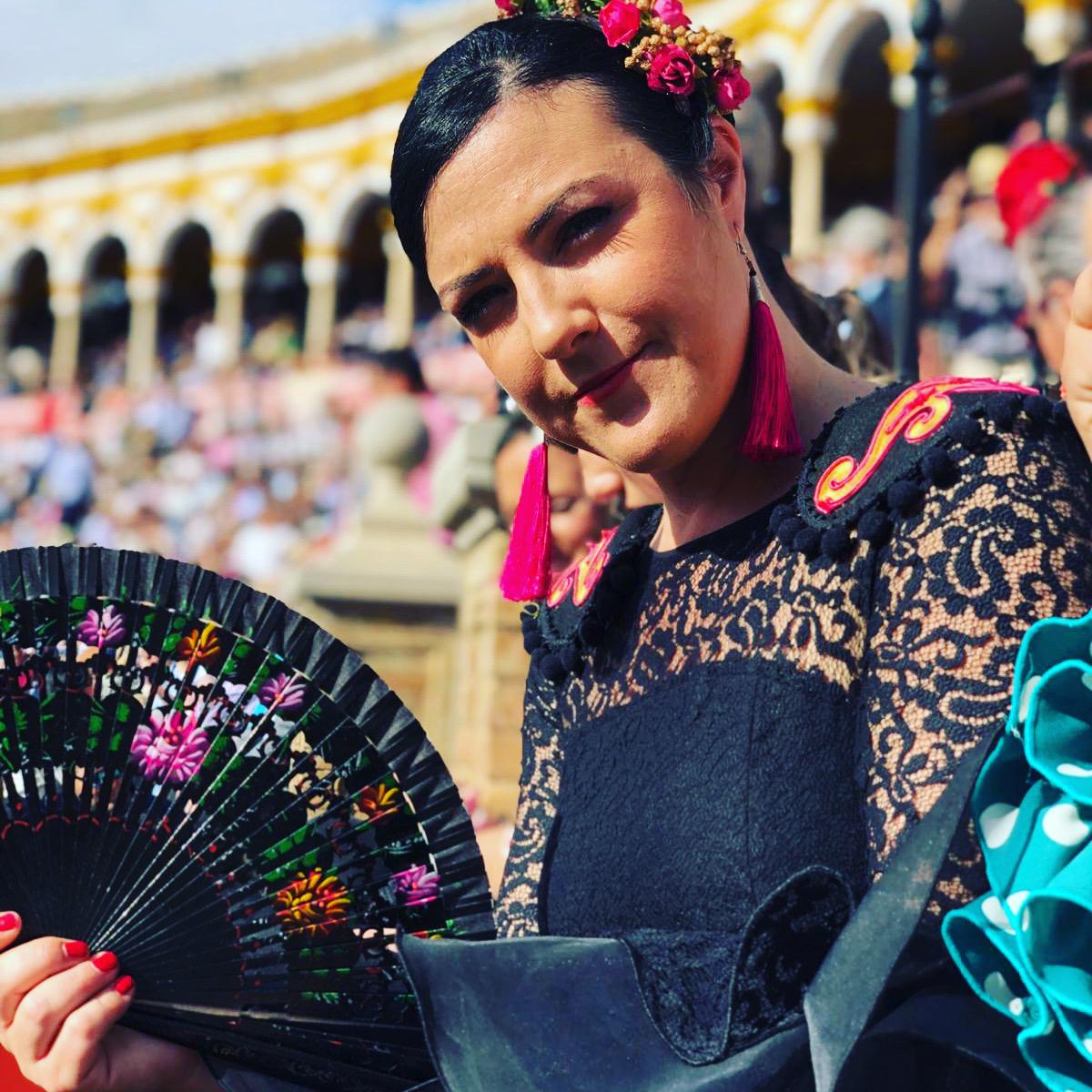
Was it difficult settling in? For example, with the language barrier?
No, we settled in quite easily actually. We quickly made friends. We already knew a little Spanish, but it was mainly the local café that gave us a schooling in Andalusian life. It’s there that we started building ties with the community, learning the way of life and how to fit in. Besides that, we’ve got a real passion for Andalusia and its traditions. We live the Andalusian way of life to the full, and there’s really no better compliment for us than people saying we are true Andalusians. It was the same with our daughter. In just two months, she was already speaking Spanish. It was incredible!
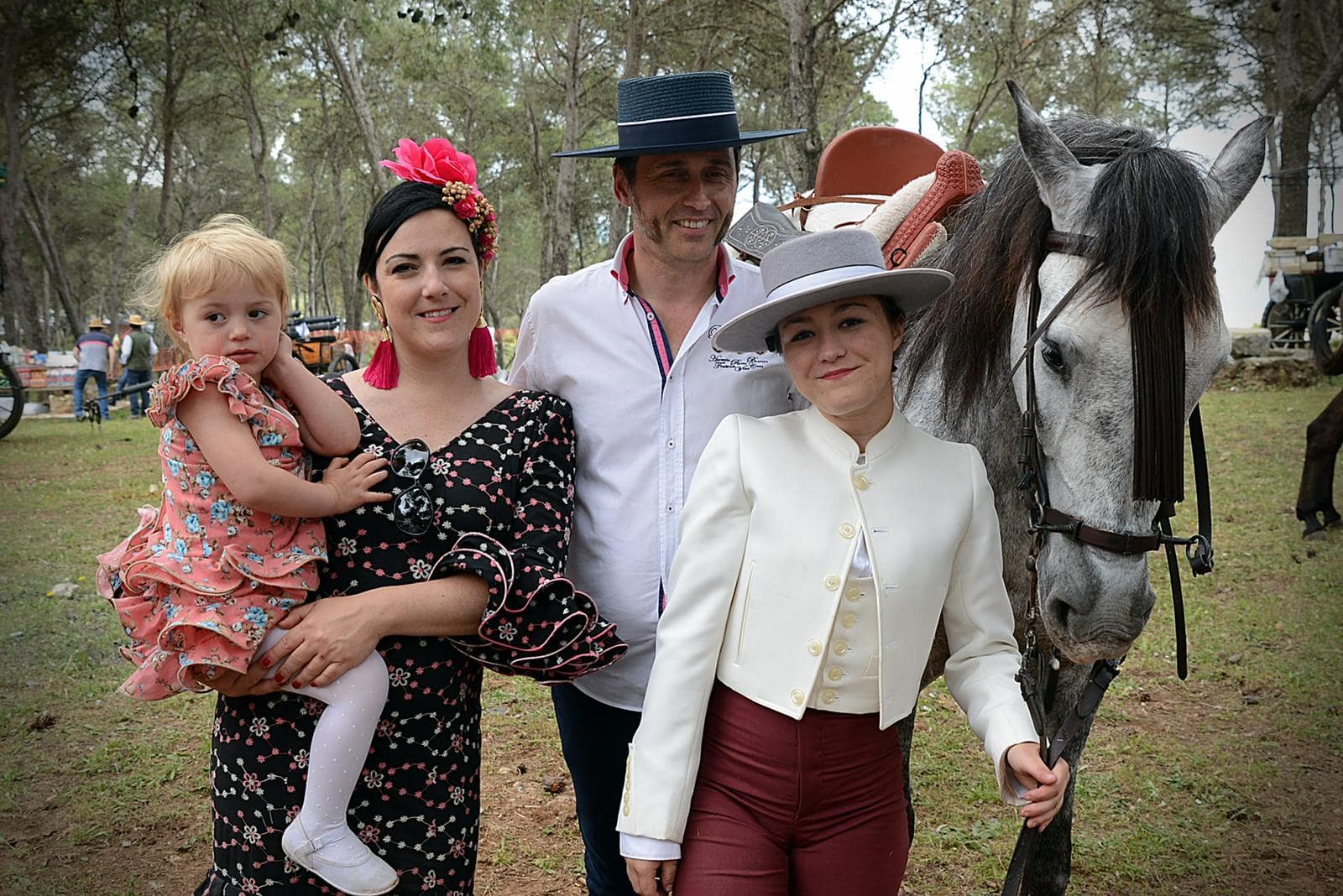
When did you take over the hotel?
That was in 2015. What a year! It’s when we had our second daughter too! When I got pregnant, my husband left his job in France, and it just happened that the hotel was up for sale! I remember taking care of both the hotel and the travel agency while playing with my daughter in her cot!
How did it all go?
Very well indeed. It was a dream come true. We were already part of the local community, and knew lots of people here. We weren’t just some foreigners who rolled up and took over the local hotel. And, of course, my travel agency business and that of the hotel perfectly complemented and completed each other. So we could offer an all-in-one service to our customers. A full immersion in the local culture.
How are you coping now with the current crisis?
Well, we’re still working. Just differently, that’s for sure! We’re thinking about the future. I’ve had to manage all the agency activities, such as cancellations, questions, requests, refunds, and so on, but also I’ve had to deal with people’s fears. There are many things going round on the internet, in the media. It’s not always easy for people to make sense of things, to know where the truth lies. Even more so when there’s a language barrier! As a travel agency manager, I have to reassure my customers and explain everything to them.
It’s true that it’s difficult to predict exactly how it’ll all evolve, but it’s important people know that the situation’s no worse in Spain than anywhere else. Thanks to social media, I can easily keep in touch with my customers. The same goes for the hotel too. We’ve got customers who come every year, and they’re telling us they will be back. They too are fond of this land. So, we’re all in it together. We know that, business wise, this year’s a washout. But we’ve got to keep going. We left two steady jobs in France to pursue our dream. The adventure’s not going to end like this!
All of Andalusia entered the so-called “Phase 1” on Monday. How does that change things?
Well, it changes everything and nothing! On a business level, not very much. Travel is limited, hotels can open but you can’t use their common areas. We prefer not to open under such conditions. Who would want to come? And why? So, it’s better to focus on promoting the hotel on the Internet, spread the word, diversify our offerings. In any case, my husband and the seasonal workers we employ are in the process of preparing the hotel.
We have to be ready to open when they give us the green light to do so! On a social level, there are some changes. We can see our friends. Not only did we fall in love with this land, but also with its people. Normally working in close contact with people, and, now, having not socialized for over two months, it’s been difficult. I can’t wait to go back to my day-to-day work for the human side of it, meeting people, sharing things, that’s life! That’s the life I love, that we love, that’s why we chose to come and settle here.
Want a relaxing break as the restrictions are relaxed?
Virginie and Bertrand will be delighted to welcome you to Hotel Andalou in Montellano.
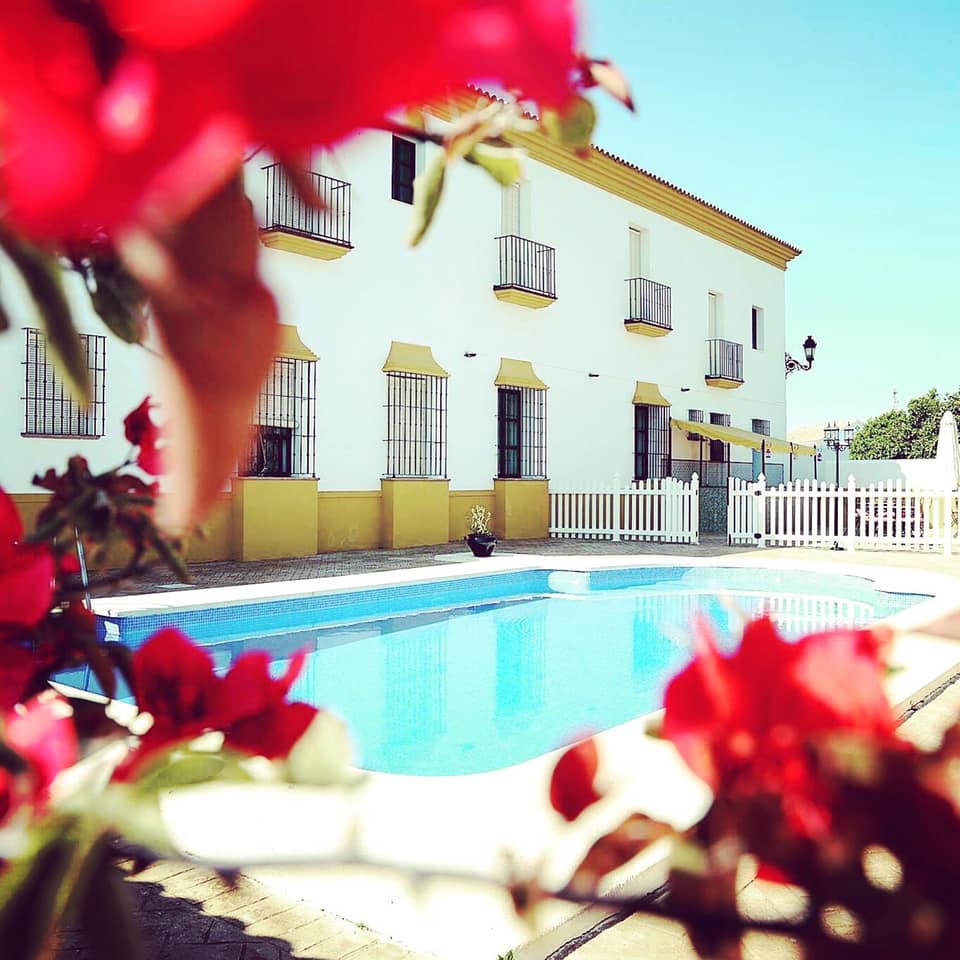
Want to discover the true Andalusia?
Contact Virginie and her travel agency Andalucía Afición Voyages.
Article originally published in French in Le Petit Journal, the local and international news site for French expatriates and French speakers.
